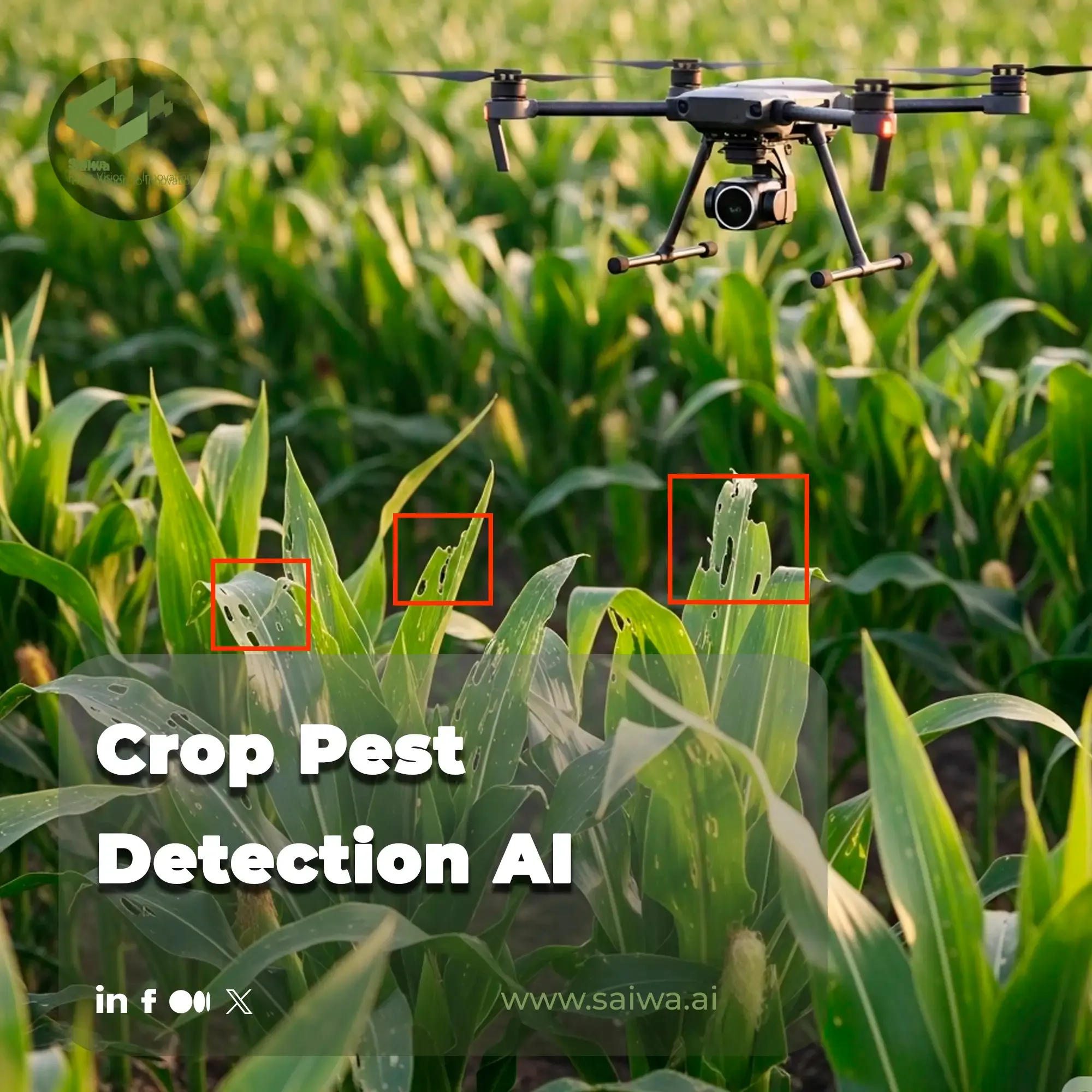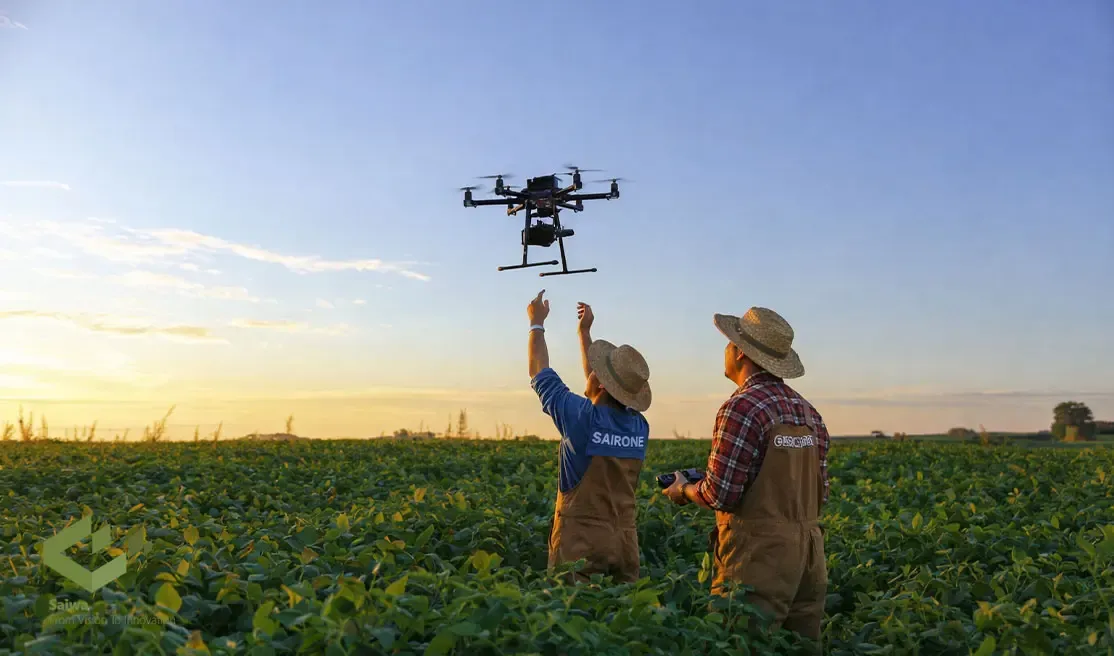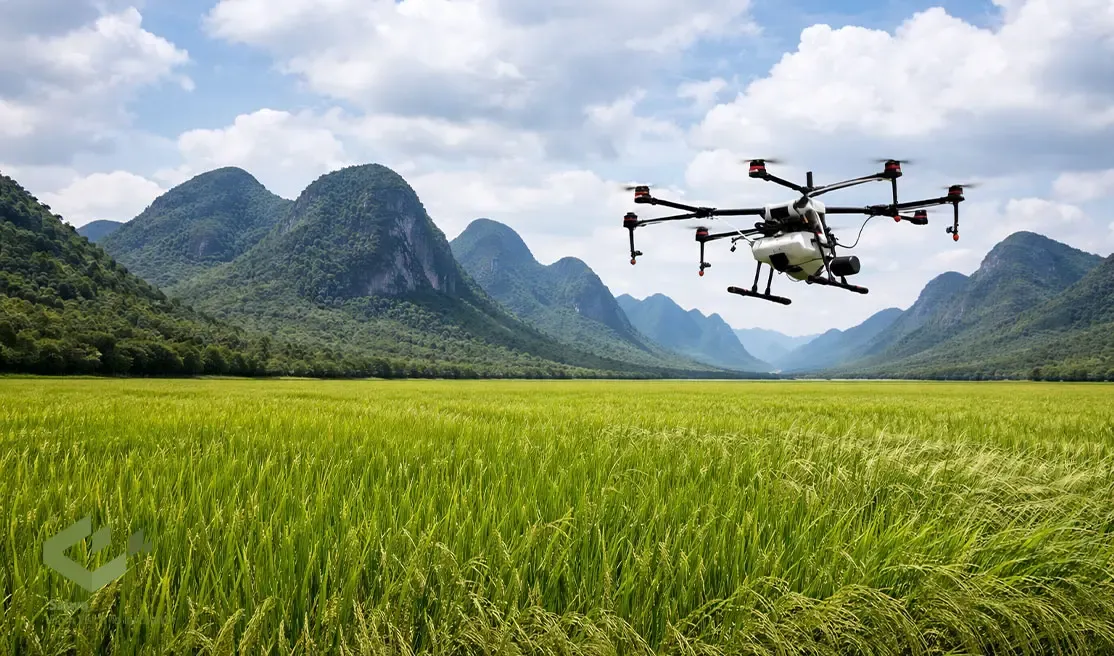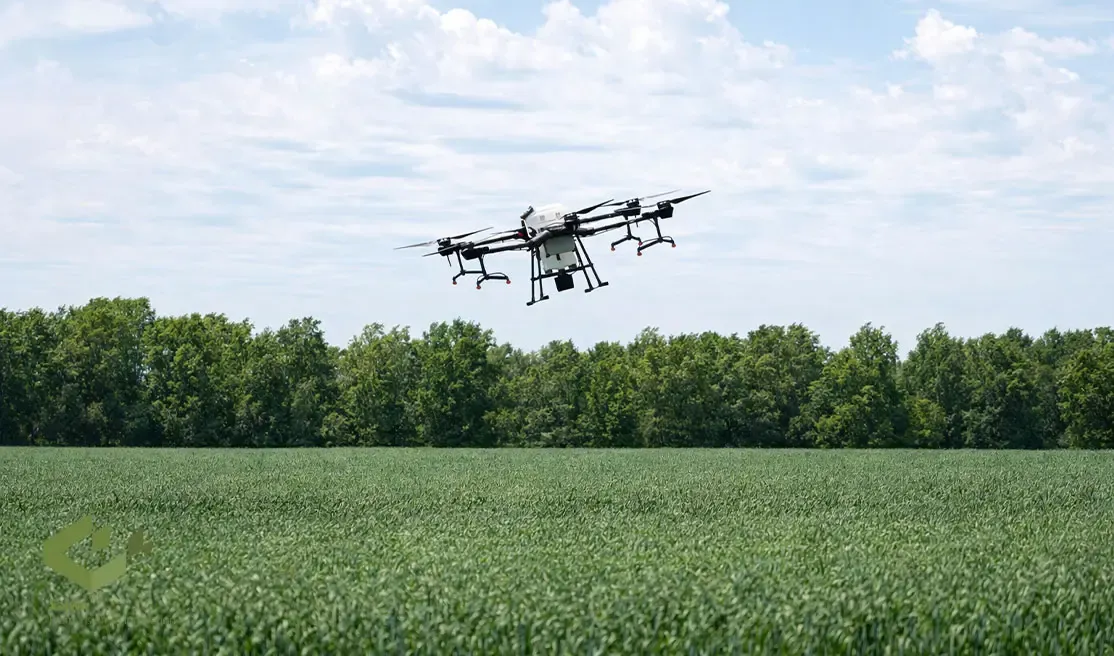Crop Pest Detection AI - Precision Tools for Modern Farms
Crop Pest Detection AI enables early, precise pest control using drones, sensors & deep learning—boosting yields, cutting costs & supporting sustainability.
Written by Amirhossein
Reviewed by Boshra

The silent war against agricultural pests—a primary cause of up to 40% of global crop loss—is shifting from reactive treatments to proactive, data-driven strategies. Traditional scouting is slow and prone to error.
Saiwa introduces Sairone, a solution engineered to turn this challenge into an opportunity by transforming high-resolution visual data into precise, actionable intelligence for modern agriculture.
Key AI Technologies Powering Crop Pest Detection
The effectiveness of modern pest control isn't reliant on a single invention but rather the sophisticated integration of several core technologies. This synergy creates a system far greater than the sum of its parts, offering unprecedented levels of insight. Below, we delve into the key technological pillars that make this revolution possible:
Computer Vision and Deep Learning
At its heart, this technology serves as the "eyes and brain" of the system. Deep learning models are trained on vast datasets of crop and pest images, learning to distinguish between healthy plants, stressed vegetation, and specific insect species or disease symptoms with remarkable accuracy, often exceeding 95% in controlled environments.
Automated Pest Detection and Monitoring
This is the practical application of computer vision, enabling continuous, tireless surveillance of fields and greenhouses. Systems can automatically scan thousands of images captured by drones or stationary cameras, identifying and flagging potential threats in hours—a task that would take human scouts weeks to complete.
IoT and Smart Sensors
Intelligent traps equipped with cameras and lures are deployed across the farm. These IoT devices capture images of trapped pests and transmit them to a central AI platform for instant analysis. This creates a real-time map of pest pressure and migration, enabling a targeted response instead of guesswork.
Automated Visual Classification
Beyond simple detection, advanced AI classifies the type of pest or disease. This critical distinction allows farmers to apply the precise insecticide or treatment needed for a specific threat, avoiding the use of broad-spectrum chemicals, protecting beneficial insects, and preventing the development of pesticide resistance.
Remote Sensing Technologies
Using multispectral and hyperspectral sensors on drones, these systems provide comprehensive Plant health monitoring. They detect subtle changes in a plant's chlorophyll levels and heat signature, often the earliest indicators of stress caused by pest infestations, long before the damage becomes visible to the naked eye.

Timing Is Everything in Pest Management
In crop pest control, timing is everything. It can mean the difference between a minor inconvenience and a major infestation. Early detection enables farmers to act while pest populations are small, which minimizes crop damage and prevents pests from spreading to neighboring fields. Because pests have rapid reproduction cycles, even a short delay can lead to exponential growth, making late interventions far less effective and more costly. AI-powered systems detect pests at the right moment, enabling precise, timely, and sustainable management that protects both yields and the environment.
Benefits of Crop Pest Detection Using AI
Adopting AI for pest management moves farming from a defensive posture to a strategic, offensive one. The practical advantages translate directly into healthier crops and a more robust bottom line, fundamentally changing how farmers protect their yields. These benefits include:
Early and Accurate Detection: AI identifies pest hotspots at their earliest stages, enabling immediate intervention and drastically reducing the window for pests to spread and cause significant damage.
Resource Optimization: Precision spot-spraying, guided by AI-generated maps, can reduce pesticide consumption by up to 90%. This minimizes chemical runoff, lowers operational costs, and supports sustainable farming practices like targeted Weed detection.
Enhanced Crop Yields: By stopping infestations before they become widespread, AI directly protects the quantity and quality of the final harvest, maximizing return on investment

Sairone’s Solution for Smart Pest Detection and Crop Protection
Sairone by Saiwa is the culmination of these advanced technologies, delivered through a powerful and intuitive platform. It harnesses high-resolution drone imagery to provide farmers and ecologists with a clear, data-backed view of their fields.
Sairone’s automated analysis engine processes this visual data to deliver precise insights for pest management and overall crop vitality. The platform excels at transforming the complexities of Crop Pest Detection AI into straightforward, actionable reports, empowering users to make timely, informed decisions that boost productivity and enhance ecological stewardship.

Conclusion
The integration of AI into agriculture is no longer a futuristic promise; it is a practical, field-proven reality. By shifting from manual inspections to automated, intelligent analysis, these tools empower growers to protect their crops with unparalleled precision. This technological leap secures yields and paves the way for a more sustainable and efficient future in farming.
Note: Some visuals on this blog post were generated using AI tools.
Comments
No comments yet!
Table of Contents
No headings were found on this page.
